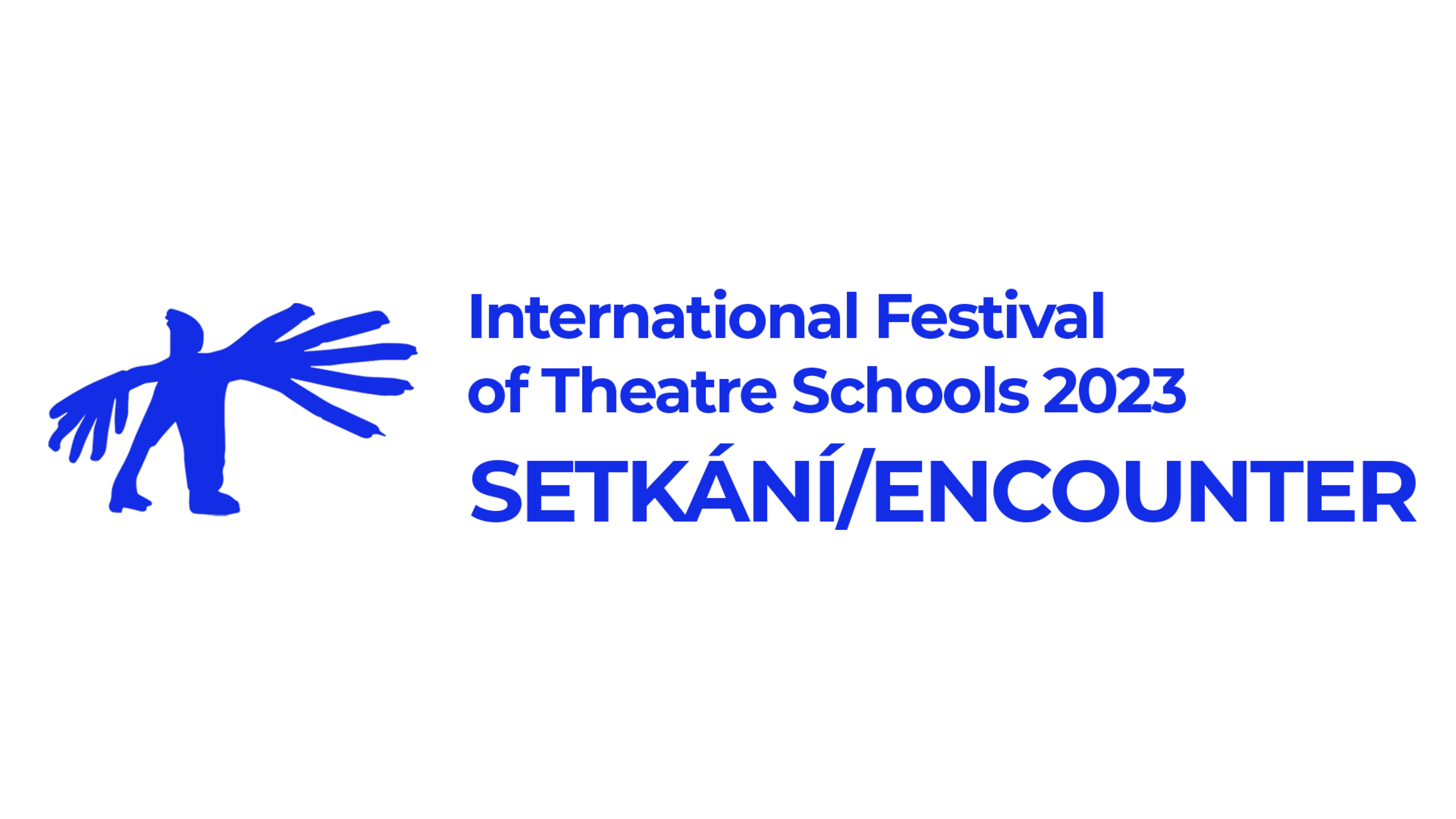
Is it harder to fight for the child or for the land? Slovakia, too, stands at a crossroads
In Bertolt Brecht's play The Caucasian Chalk Circle, performed by students from the Academy of Performing Arts in Bratislava, the audience follows a unique story of a struggle for native land, for a child, and for freedom. It is a struggle both present and past, and in the end chillingly topical. With a minimum of props but a maximum of emotion, the play reveals who is pulling the strings, how much freedom is worth, and what must be sacrificed in the battle for it. What role does the life of an individual play in it? Because as we know, when the forest is cut down, splinters and heads fall.
Theatre within theatre - an unusual and enlightening element of the play that captivates but does not limit its clarity. The story divides into two plotlines, the first being the tale of the maid Gruša, who carries off the child of the reigning governor and sets out with the infant on a harrowing journey to her brother. Meanwhile, the narrator, thundering over the stage, gives the viewer context and interprets the events below. In his exalted position, he resembles God, a kind of puppeteer pulling the strings.
Thanks to the spectacular light and smoke effects and the connection with the music, the audience is constantly given new impulses. But most of all, the audience gets the most from the protagonists themselves, who carry the emotions and the story - especially with their timeliness and power - to their core. The speaking characters are complemented by a company of figures in black, who turn into soldiers or into poor people executed in the maelstrom of the revolution. Mute victims whose lives seem to have no value at all.
The second plotline is represented by a judge, a former scribe with no legal training, who is arguing over a child. Power in the hands of the uninvolved, uneducated, or unqualified - this is the sad reality of some (not only) cultural institutions in Slovakia today. Because of the blatant similarity to the plot of Brecht's play, characters - the actors themselves - start to emerge from the performance, thus drawing the audience's attention to what is happening in the country we have been associated with for many years. At that point, the narrator loses the role of narrator and shouts angrily at the actors. His shouting is mixed with their firm but calm words.
The political emphasis of the play, as well as the intertwined plotlines, the addition of music, and the blurring of boundaries between the actors and their characters are typical elements of the work of the German playwright Bertolt Brecht. From these Slovak students his play has received a high-quality treatment, artfully adapted to today's Slovakian and international context. We are with you, our Slovakian brothers.


